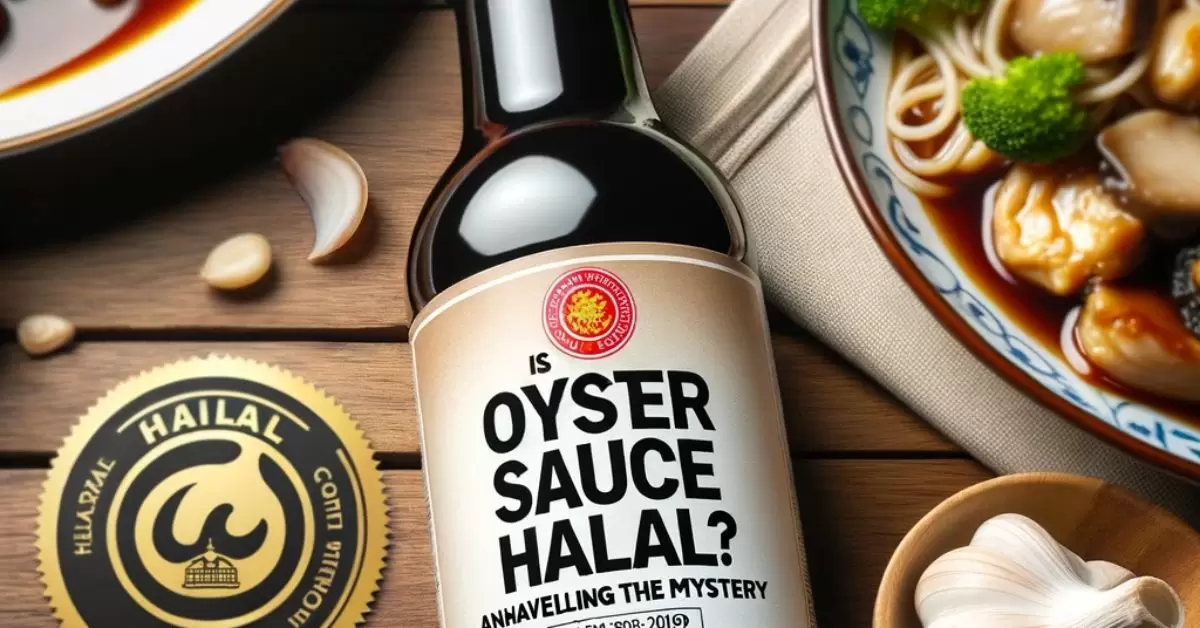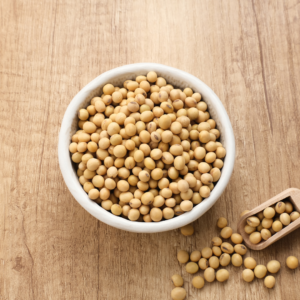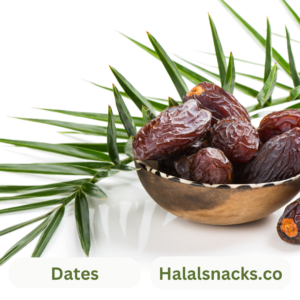Oyster sauce has been a staple in Asian cuisine for centuries, lending a savory depth to dishes. But when it comes to Halal dietary laws, the permissibility of oyster sauce is a topic of discussion. This article seeks to explore the halal status of oyster sauce and provide guidance for those following a halal diet.
What is Oyster Sauce?
Traditional Preparation
Traditionally, oyster sauce is made by simmering oysters in water until the juices caramelize into a thick, brown, intensely flavorful sauce. This process retains the essence of the oyster while transforming it into a versatile condiment.
Commercial Preparation
In modern commercial production, oyster sauces might be made with a base of oyster extracts combined with other ingredients like sugar, salt, and sometimes preservatives or flavor enhancers.
The Halal Concern
Ingredients Analysis
The primary concern regarding the halal status of oyster sauce revolves around the oyster extract. According to Islamic dietary laws, seafood is generally permissible; however, the addition of non-halal ingredients can change the status.
Halal Certification
For absolute assurance, looking for a halal certification on the oyster sauce bottle is advisable. This certification ensures that the product has been prepared according to Islamic dietary laws.
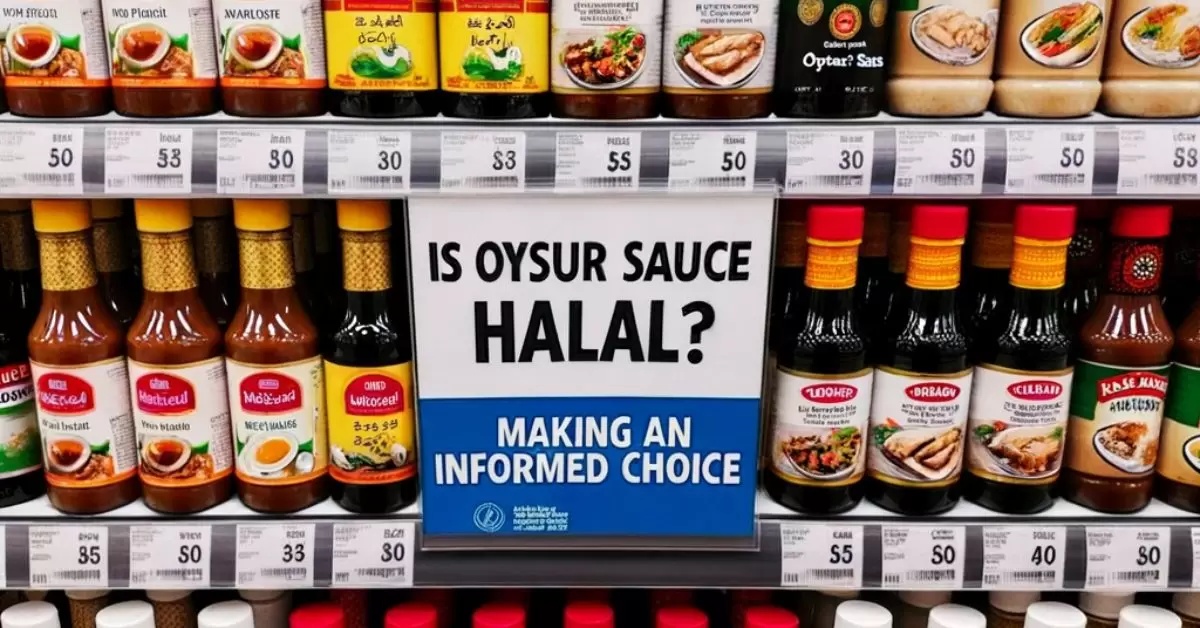
There are halal-certified oyster sauces or vegan alternatives available in the market that can replace traditional oyster sauce without compromising the flavor.
How to Find Halal Oyster Sauce
Labels to Look For
Checking for labels indicating halal certification or the absence of haram (forbidden) ingredients is crucial.
Trusted Brands
Some brands are known for their halal-certified products, making them a safe choice for consumers adhering to halal dietary laws.
The Global Halal Food Market
Growing Demand for Halal Products
The global halal food market is expanding, reflecting the growing demand for halal-certified products. This growth emphasizes the importance of clear labeling and certification to cater to the Muslim population.
Halal Certification Impact
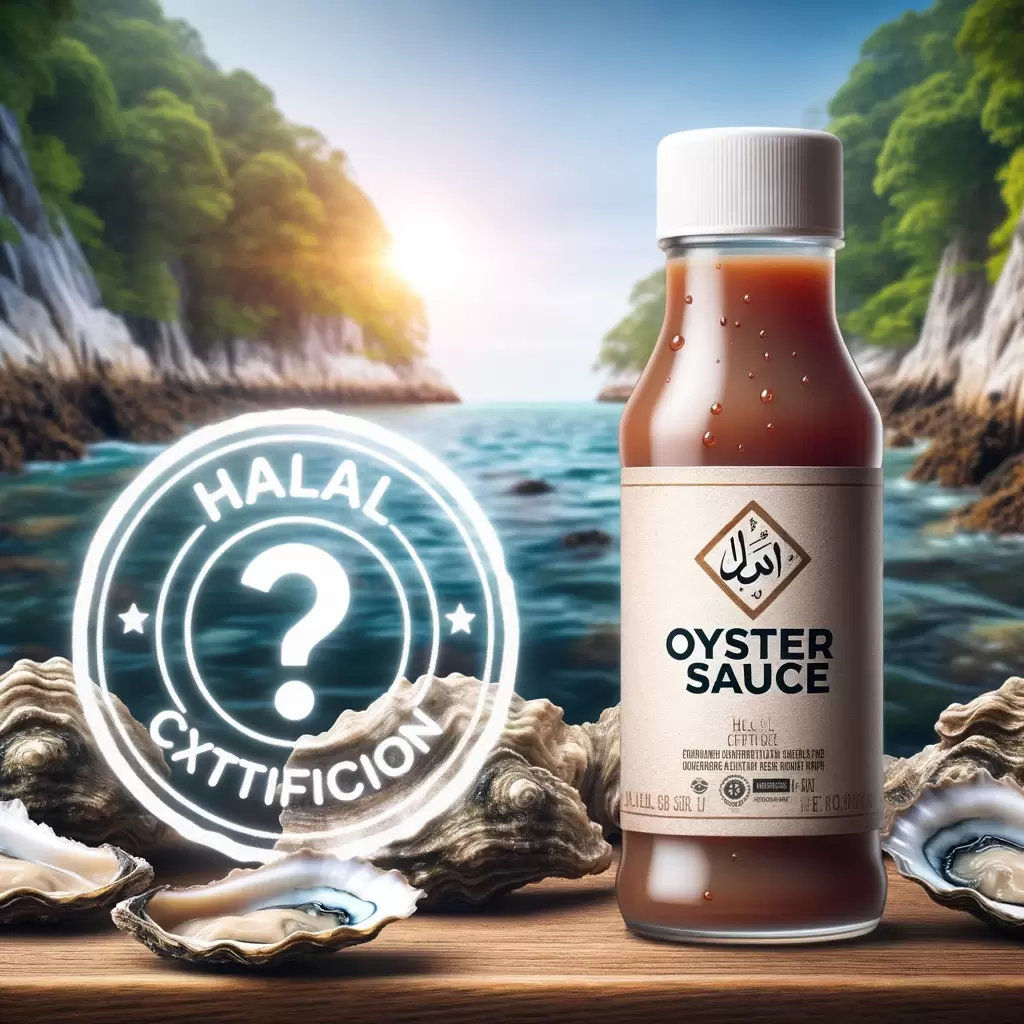
Halal certification has a significant impact on the marketability and acceptance of products in the Muslim community. It also reflects a broader understanding and respect for diverse dietary practices.
Opinions of Scholars
To gain a deeper understanding of the issue, it’s essential to consider the opinions of Islamic scholars. Scholars may have varying viewpoints on whether oyster sauce can be deemed halal.
The Permissible Amount
One factor that scholars consider is the permissible amount of impurities in a food product. In Islamic jurisprudence, there is a concept known as “Qalil,” which allows for a small percentage of impurities in a food item as long as it doesn’t change the fundamental nature of the product. Some scholars argue that the small amount of oyster extract in oyster sauce may fall under this category.
Personal Interpretation
Islamic dietary guidelines can be subject to interpretation. Some scholars may take a strict stance and categorically deem oyster sauce as non-halal due to its oyster content. Others may adopt a more lenient view, especially if the oyster extract is present in a minimal amount and does not contribute significantly to the sauce’s flavor.
Conclusion
The halal status of oyster sauce primarily depends on its ingredients and the presence of a halal certification. For those adhering to a halal diet, seeking halal-certified oyster sauce or halal-friendly alternatives ensures compliance with Islamic dietary laws.
FAQs
What are some halal alternatives to oyster sauce?
Halal-certified oyster sauces and vegan oyster sauces are good alternatives.
How do I identify halal oyster sauce?
Look for halal certification labels or trust reputable brands known for halal products.
Why is halal certification important?
It ensures the product complies with Islamic dietary laws, catering to the needs of Muslim consumers.
Is the demand for halal products increasing globally?
Yes, the global halal food market is growing, reflecting a rising demand for halal-certified products.
Is oyster sauce halal for Shia?
Oyster sauce is generally not considered halal for Shia Muslims as it contains oyster extracts, which are not permissible in Islamic dietary laws.
Is Mamasita oyster sauce halal?
Mamasita oyster sauce would follow the same guidelines as regular oyster sauce and is typically not considered halal.
What is oyster sauce made of?
Oyster sauce is primarily made from oyster extracts, soy sauce, sugar, and other seasonings.
Can Muslims have alcohol in sauce?
No, Muslims should not consume alcohol in any form, including in sauces.
Can Muslims eat vodka sauce?
Muslims should avoid vodka sauce as it contains vodka, which is an alcoholic beverage.
